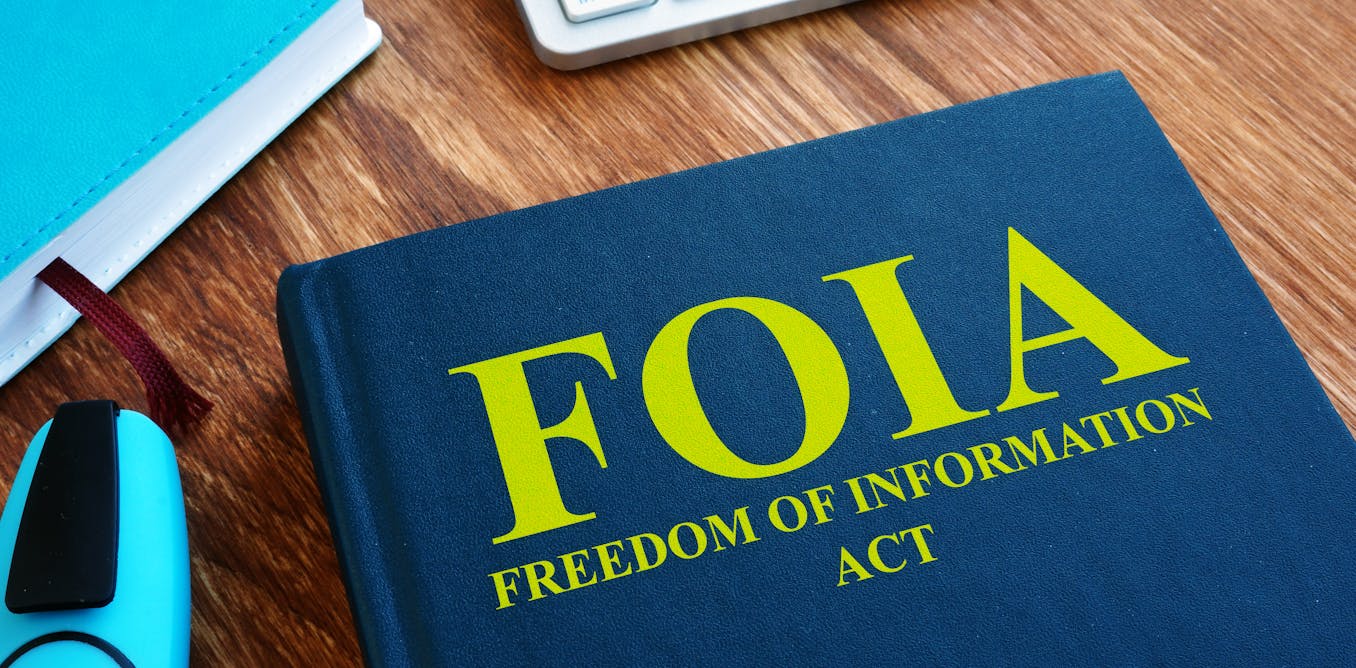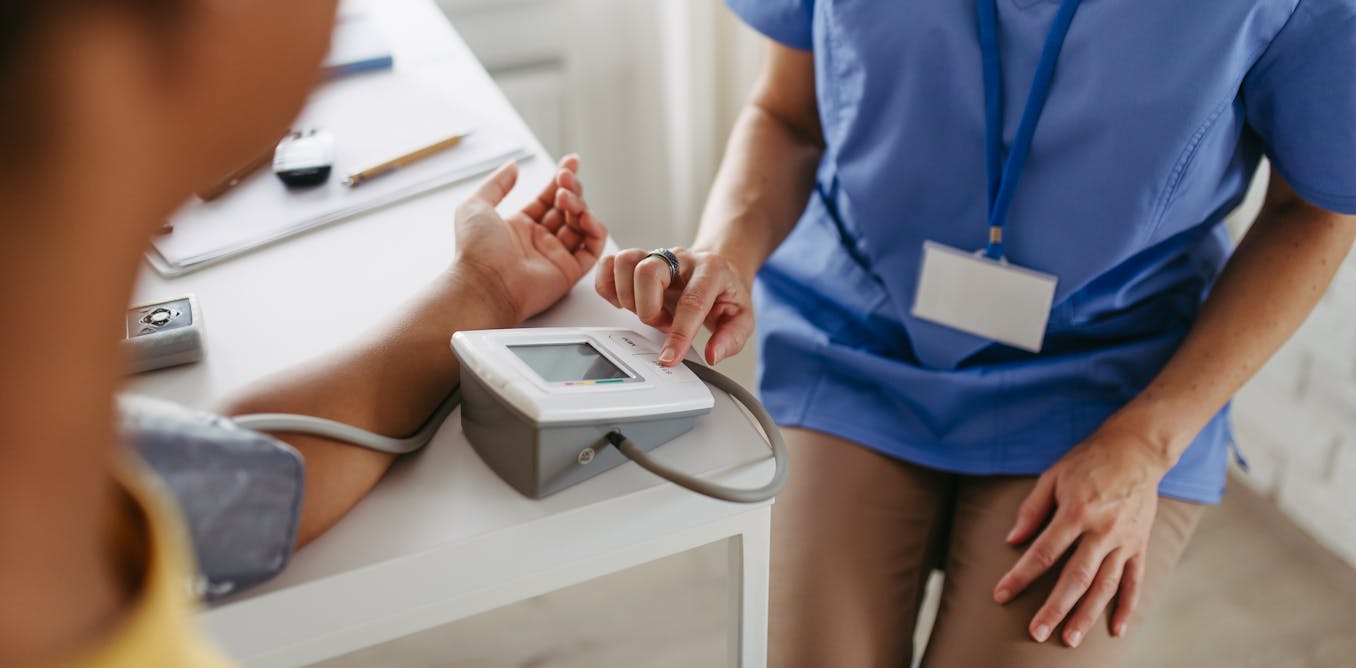CHISELLED jaws and high cheekbones – we can’t have it all, can we?
But if you’re looking to at least debloat your round or puffy face, there are things you can do now that will work in just seven days.
2
Although weight is often the reason for a large face, various lifestyle habits can also influence face shape.
There are all kinds of tools that trend on TikTok for slimming the face, including ice rollers and Gua Shas.
Facial massages can also help to drain excess fluid in the face – or you could even splash out on cosmetic surgery.
But, whether you’re hoping to look your best for an upcoming event, or slim down your face long term, these are the lifestyle habits may want to quit for the best results long-term…
1. Not drinking enough water
Follow the ‘hydrate before you caffeinate rule’ when you wake up, avoiding your morning coffee until you’ve had a big glass of water.
Sukh Padda, a holistic healer and founder of Bodi Sync, says: “Adequate hydration can reduce water retention and puffiness in your face.
“When you’re dehydrated, your body tries to hang onto any leftover water, which may make your face look bloated.
“Aim for at least eight glasses of water a day. Hydrated skin looks plumper and healthier, which can make your face appear more toned.”
Water can also be used externally to help slim down your face – use an ice water facial.
Sukh says: “Fill a bowl with water and ice, then submerge your full face in it for 20 to 30 seconds.
“The cold temperature helps constrict blood vessels, which can reduce swelling and puffiness, especially around the eyes.
“The shock of cold water can also stimulate blood flow, giving your skin a natural, healthy glow and cold water can help tighten your skin, making it look firmer and more toned.”
2. Late nights
Easier said than done. But make sleep a priority and watch your health and mood transform – and your face, according to Sukh!
Sukh says: “For many, waking up with a puffy face is a result of normal overnight fluid retention — but this may be more noticeable if a person gets too little or too much sleep.
“Sleep deprivation may also cause inflammation, resulting in swelling. Inflammation is more common in people with chronic sleep deprivation.”
Dr Charlotte Norton of The Slimming Clinic says that good quality sleep is vital for weight management which can slim your face long term.
She says: “Studies have shown that a pattern of sleeping for less than six hours a night has been associated with a higher BMI.
Omega-3 fatty acids found in foods like salmon, mackerel and sardines help to reduce inflammation in the body, including the face.
Abbas Kanani
“A lack of sleep negatively impacts the hormones that control appetite regulation, like leptin and ghrelin.”
This can cause us to end up eating more the next day, studies show.
The NHS recommends that on average adults need seven to nine hours a night.
To help improve the quantity and quality of your sleep, restrict your screen time in the leadup to bedtime, ensure your bedroom is dark and also address lifestyle factors which can impact sleep such as reducing caffeine and alcohol.
3. Salt off the table
If the salt shaker is your best friend at meal times, you might want to reconsider.
“Too much salt can cause your body to retain water, leading to a puffy face,” says Sukh.
“Try to limit processed foods, which are often high in both refined carbs and sodium.”
Foods that contain high salt include processed meats, packet foods, crisps and ready meals.
Abbas Kanani, superintendent pharmacist at Chemist Click, says: “Adults should have about one teaspoon of salt per day.”

2
This equates to about 6g of salt. For context, a bag of ready salted crisps contains about 0.3g or salt or more, and six slices of salami contains 0.8g of salt.
Abbas also suggests boosting your diet with omega-3.
He says: “Omega-3 fatty acids found in foods like salmon, mackerel and sardines help to reduce inflammation in the body, including the face.
“You should aim to have 250 to 500 mg per day of combined eicosapentaenoic acid (EPA) and docosahexaenoic acid (DHA) from fish or supplements to gain anti-inflammatory benefits.”
How to lose weight without surgery
There are various other ways to lose weight without going under the knife.
According to the NHS, to get the best possible start on its weight loss plan, there are the seven steps you should follow.
- Get active for 150 minutes a week – you can break this up into shorter sessions
- Aim to get your 5 A Day – 80g of fresh, canned or frozen fruit or vegetables count as 1 portion
- Aim to lose 1 to 2lbs, or 0.5 to 1kg, a week
- Read food labels – products with more green colour coding than amber and red are often a healthier option
- Swap sugary drinks for water – if you do not like the taste, add slices of lemon or lime for flavour
- Cut down on food that’s high in sugar and fat – start by swapping sugary cereal for wholegrain alternatives
- Share your weight loss plan with someone you trust – they can help motivate you when you have a bad day
4. Fast eating
If you’re racing through your meals, it’s time to slow things down.
“Eating quickly and rushing meals can make you more prone to overeating,” Dr Norton.
But slowing down can help you appreciate fullness sooner and stop reaching for unhealthy snacks throughout the day.
Dr Norton says: “Instead, try mindful eating – paying attention and being fully aware of what you’re eating and how you’re eating it can be an extremely important step in weight management.
“Instead of focusing solely on what you eat, pay attention to how you eat.
Alcohol leads to dehydration, which causes the body to retain water, leading to puffiness, especially in the face.
Sukh Padda
“Slow down, savour each bite, and listen to your body’s hunger and fullness cues. Mindful eating can help prevent overeating and promote healthier food choices.”
5. Assess your sleeping position
Your sleep position can impact your face too.
Sukh says: “Lying down causes fluid to rest and collect in the face, and a person’s sleeping position may also exaggerate this.
“Sleeping facedown, for example, can lead to increased puffiness.”
Instead, try to sleep on your back. Pop a pillow under your knees for extra support, and if you think you’ll roll to your side, try making a pillow barrier around your body.
6. Skip wine with dinner
A glass of wine probably won’t do you any harm, but the more you drink, the higher your chances of having to deal with a puffy face.
Sukh says: “Moderate-to-high alcohol intake may cause a puffy face because alcohol causes your blood vessels to widen. As a result, the blood vessels beneath the surface of your face may appear larger than normal, causing puffiness.”
He adds: “Alcohol is also a diuretic, which means it increases urine production and can lead to dehydration. Dehydration causes the body to retain water, leading to puffiness, especially in the face.”
As well as this, Sukh says that alcohol can also trigger an inflammatory response in the body, causing localised swelling and redness which is more apparent on the face.
“It’s best to avoid any alcohol before bed as the dual effect of dehydration (at night you won’t be drinking water) and lying down causes fluid to rest and collect in the face, exaggerating a puffy face in the morning.”
7. Stop letting stress take over
A puffy, bloated face is sometimes known as ‘cortisol face’, a trending phenomenon on TikTok.
Cortisol is the stress hormone and is needed in small doses.
However when our body is constantly flooded with this hormone, it can lead to bloating, inflammation and puffiness.
Sukh suggests finding stress-reducing activities that work for you, whether it’s meditation, yoga, or simply taking a relaxing bath.
Taking time out for you, even if it’s just 15 minutes, can help lower your stress.
Is stress making you fat?

DIET, genetics, being a couch potatoe – there are lots of factors that influence our weight.
But what if it were as easy as de-stressing?
Stress may be the reason you are carrying extra weight. Here, we look at how…
Extra cortisol
Stress causes an alteration in how the body works, primarily by increasing hormones like cortisol.
Nutritionist Kim Pearson explains: “Stress leads to elevated levels of cortisol — known as the stress hormone — which contributes to the storage of fat, particularly abdominal fat that is often the hardest to get rid of.
“Stress can also lead to a decrease in fat oxidation, the process that allows fat to be burnt as energy. This means that you don’t necessarily have to be consuming more food to put weight on.
“On-going stress has been linked to a slowed metabolism, particularly in women.”
One study found that on average, stressed women burned more than 100 fewer calories per day than non-stressed participants. You can see how all these extra calories add up to weight gain over time.
Extra eating
A 2020 survey by loydsPharmacy revealed that 59 per cent of people eat more when they are experiencing feelings of stress.
And who can blame them? Scientists from UNSW found that feeling stressed, tired or overworked makes it almost impossible to ignore cues that signal something rewarding.
Dr Poppy Watson said: “We have a set of control resources that are guiding us and helping us suppress these unwanted signals of reward.
“But when those resources are taxed, these become more and more difficult to ignore.”
Eating can provide temporary relief from stress, even when we don’t realise what we are doing. Instead, find ways to curb your stress.
Kim says: “When you open the snack cupboard or reach for seconds, take a moment to consider whether you are actually hungry . . . or eating as a distraction from the issues or activities causing you stress.”
Extra bad habits
Stress doesn’t just make us eat more, but generally pick up other bad habits.
Dr Sanghvi, who is the clinical technology lead at LloydsPharmacy Online Doctor, said that as well as adding numbers to the scale, there are a number mental symptoms also associated with stress.
These include anxiety, irritability and depression, which can lead to unhealthy lifestyle changes like eating more junk food, drinking more booze, skipping meals and staying up late, the expert said.
“Ultimately, all of these are habits that can hinder weight loss,” he added.




